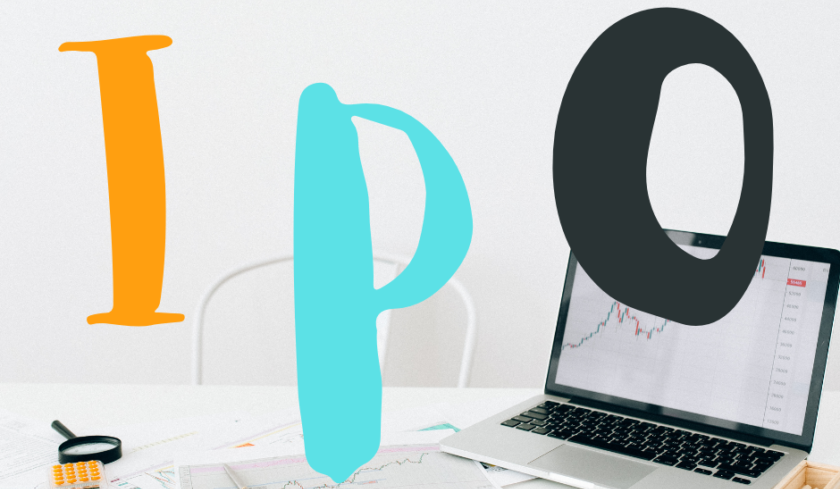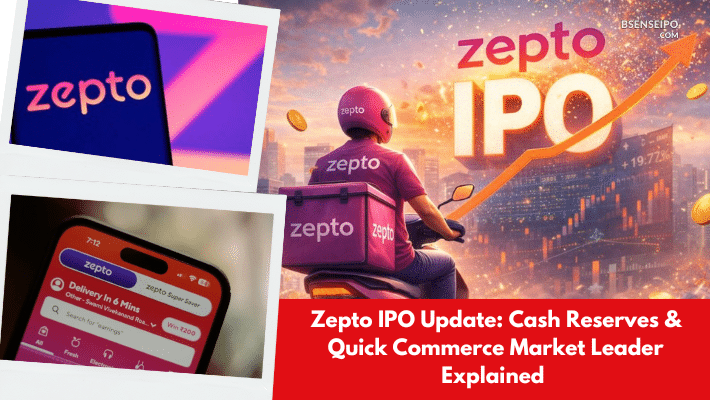SEBI has approved 28 companies to initiate initial public offerings (IPOs) from April-July in the financial year 2022-23. A total of Rs 45,000 crore is planned to be raised through these issuances. If this year 2022 is called the year of IPO, then nothing wrong will happen.
First of all, you need to know what is IPO.
Many private companies are operating in the country. Many of these companies are run by families or some shareholders together.
To get listed in the stock market, the private company that brings the IPO allows the shares of the company to a large number of common people, investors, and others. If understood in simple language, now the owner of that company is not only the family or shareholder running it, but they are all those who are allotted shares in IPO.
The shares that are allotted in an IPO are usually listed on a stock exchange like BSE or NSE. Where you and I can comfortably buy and sell these shares.
If a company decides to bring IPO in BSE NSE, then it has to follow the rules of market regulator SEBI. To meet all these rules, the company appoints a merchant banker, this banker is registered with SEBI and after completing all the compliance related to IPO, then the merchant banker applies for IPO.
When a company brings an IPO in BSE or NSE, it submits some documents while applying to SEBI. It is also known by the name Draft Red Herring Prospectus (DRHP). The DRHP of IPO in BSE or NSE of any company gives information about that company, its shareholders, its financial condition, the functioning of the company, its legal problems, debt on it, the use of the money received from the IPO, the risks associated with it, etc. Is. SEBI does its assessment and if all seems right, then only the company is allowed to bring an IPO.
After getting approval from SEBI to bring IPO in BSE NSE, the company invites bids for its shares. In this, different share reserves are kept for different types of investors such as retail, and institutional. Generally, the IPO of any company opens for three days.
Now let us understand how one can invest in IPO.
If an investor wants to invest in IPO, then first of all he should have a Demat Account. You can open a Demat Account from any broking firm. But experts believe that the Demat Account should always be opened by a well-known broking firm. Now share allotment to people is not in paper form but Demat form, so it is mandatory to have a Demat account for investing in IPO. Your shares are allotted in the Demat Account itself.
Demat Account Companies in India
The List of the Best Demat Account in India is given below, you can open your Demat Accent from here
1) ICICI Direct Demat Account
2) Upstox
3) Choice
4) Zerodha
5) Angel Broking
6) 5Paisa
7) Sharekhan Demat Account
8) IIFL Demat Account
9) Motilal Oswal Demat Account
10) HDFC Securities Demat Account
11) Kotak Securities Demat Account
12) Religare Demat Account
13) SBICAP Securities Demat Account
14) Axis Direct Demat Account
15) SAS Online
You can no longer make any checks or cash payments to invest in IPO. An account is linked to your Demat Account. All your IPO transactions take place from this account. Until the shares are allotted to you, that amount remains blocked in the account. For every IPO, the company fixes an issue price and a lot of shares. A retail investor can invest up to Rs 2 lakh in an IPO at a time.
Now if you have invested in IPO, then allotment of shares happens after the closure of IPO. After the closing of the IPO, all the bids are assessed and if any bid is invalid, the shares are not allotted. If an IPO gets a bid for fewer shares or the same number of shares as compared to the total issued share, then all the investors get allotted shares according to their bid. Wherein, when an IPO is oversubscribed, allotment of shares is done on a pro-rata basis. These may be less than your bid.




